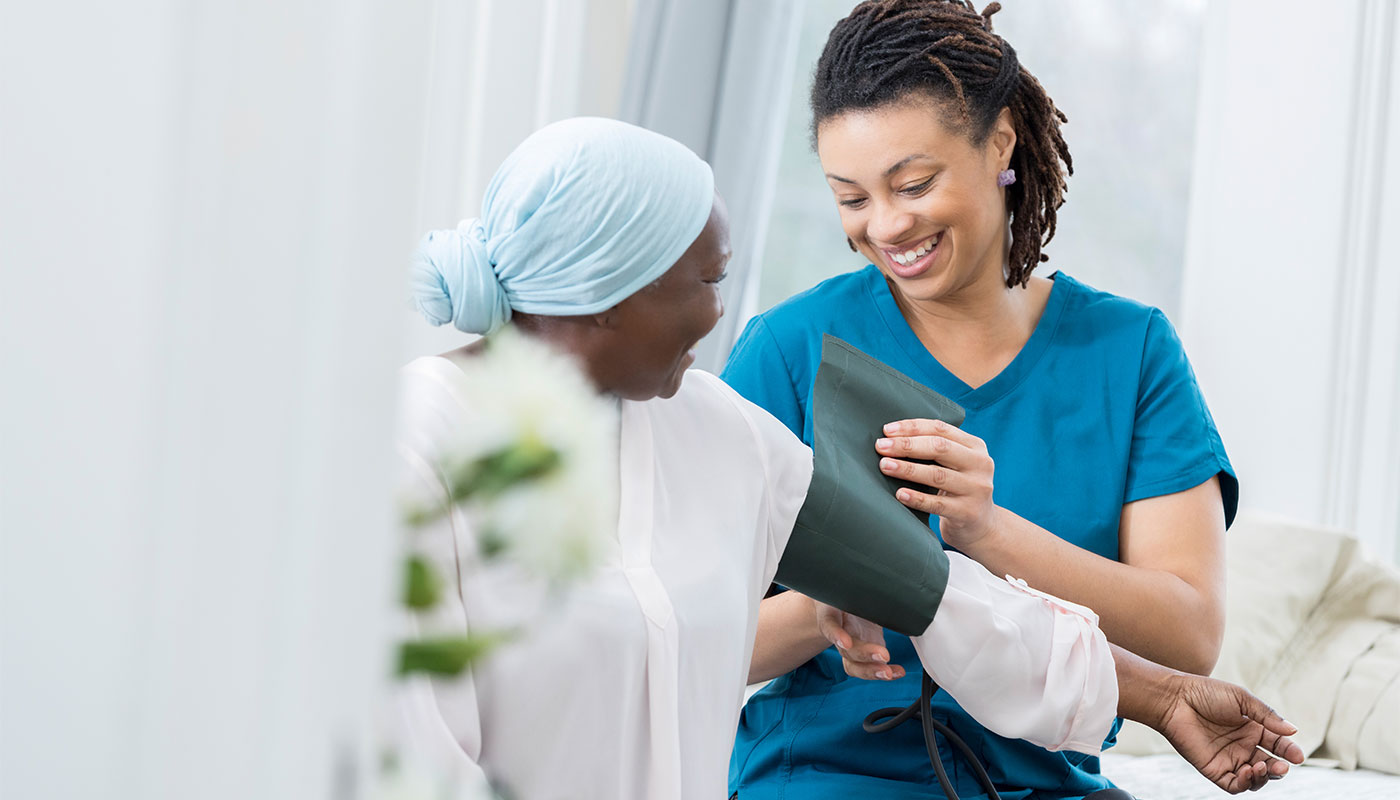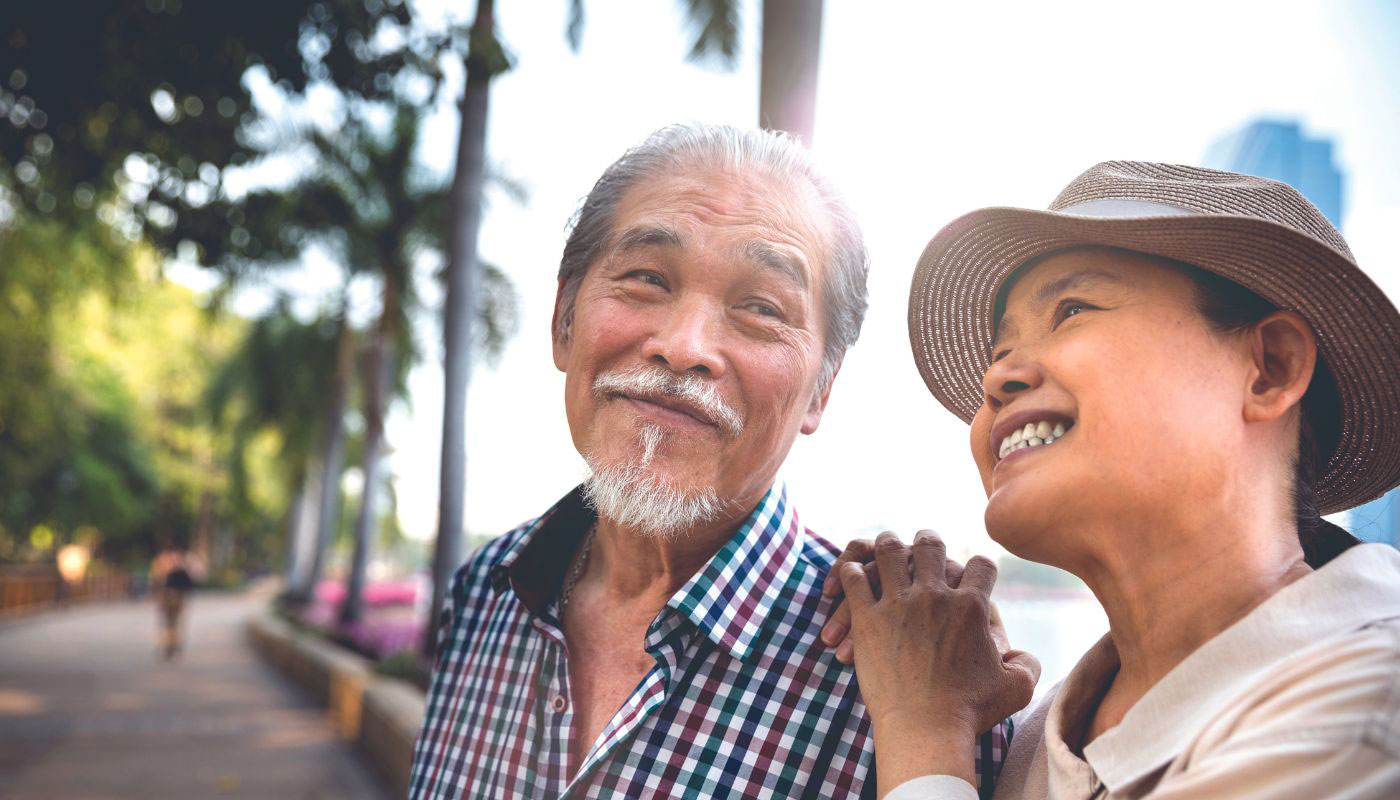According to the American Cancer Society...
Cancer is complex, the journey one faces is never a straight line to wellness and is unique for each person. Many cancer patients continue to face daily challenges with their physical, emotional, spiritual, and financial well-being long after “active” treatment ends which may create increased stress and anxiety. We recognize how important high-quality survivorship care is to patients and families. MemorialCare Saddleback Medical Center hopes you know we are here for you to help support your journey from where you are today until post-treatment care and beyond. It is our goal to provide education, support, and resources to assist with any concerns that you may have, in your own unique way. Knowing that not everyone has to do something entirely on their own may be a comfort to many persons affected by cancer.
Through a multidisciplinary team approach with physicians, nurses, physical therapy, social workers, and dieticians we hope to provide increased opportunities to learn more about health promotion and patient-centered care. We hope to develop and reinforce a partnership that will help those affected by cancer to hope, succeed, and live the fullest life possible.
Survivorship Support Services/Resources
- Cancer Care Navigators – Cancer care navigators assist with education, resources, and care coordination throughout the continuum of cancer care.
- Financial Assistance Program - Our Patient Financial Assistance Program helps to make our services available to everyone in our community.
- “Freedom from Smoking” Program - The American Lung Association’s “Freedom from Smoking” program includes eight group-style meetings and features a step-by-step plan to help tobacco users gain control over their behavior and quit smoking. Each meeting is facilitated by a respiratory care practitioner and oncology nurse practitioner.
- Genetic Counseling - Knowledgeable licensed certified genetic counselors perform risk assessments for those who have a personal and/or family history of cancer.
- Nutrition Support – Registered dietitian nutritionists offer counseling for the management of symptoms and side effects related to cancer and cancer treatment. Our dietitians also provide nutrition education to support you during and after cancer treatment.
- Rehabilitation - Physical therapy before and after cancer treatment may help patients regain and maintain strength and energy. Each patient receives specialized care from our professional physical therapy staff surrounded by a culture of healing and hope.
- Research Program – We are proud to offer access to research protocols and clinical trials that are finding new ways to treat cancer.
- Social Work – Oncology social workers are available to provide counseling and connections to community resources, which can improve coping and reduce stress for patients and their families through all phases of cancer treatment.
- Support Groups – We offer various support groups designed to teach patients and their families skills to cope with a cancer diagnosis, including a women’s group, men’s group, and individual therapy.
- Transitions Boutique - In partnership with Willie’s Specialty Shop, Transitions is pleased to offer products for women undergoing breast cancer surgery and recovery who choose non-surgical breast replacement.
- Yoga Series - Dr. Bhavana Pathak, oncologist and certified yoga instructor, guides you through a one-hour, pre-recorded class of gentle yoga, including breathwork, intention setting, meditation, and guided posture series.


